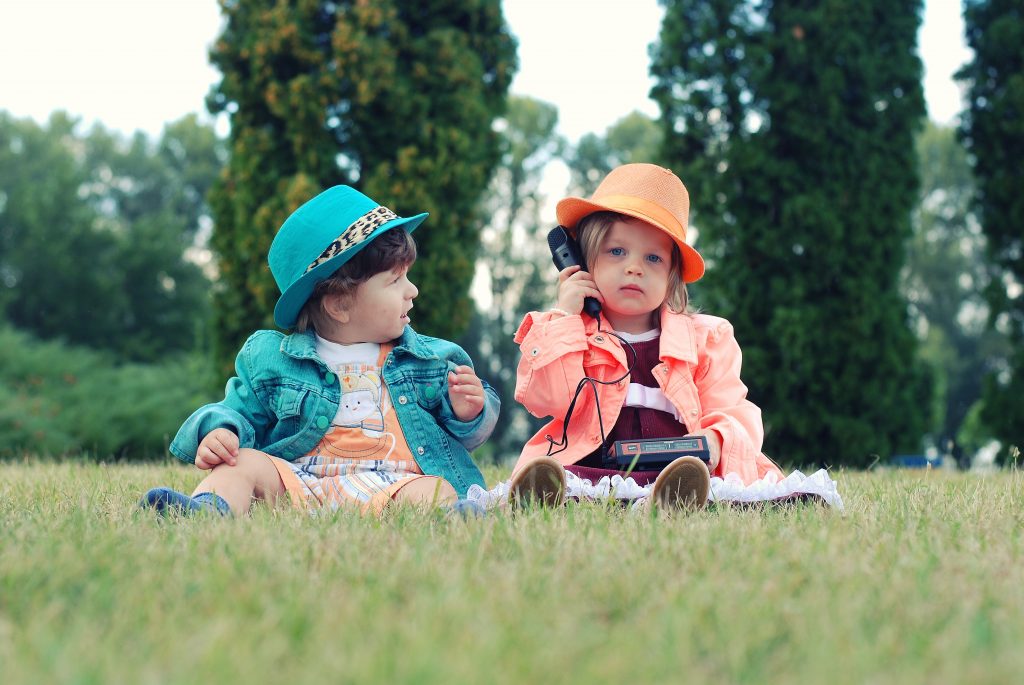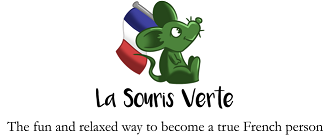
Speaking another language at an early age is becoming more and more popular thanks to an increased understanding of its benefits by parents, carer and teachers.
But why is it so beneficial? And how can you choose the best course for you and your baby?
The benefits of learning a second language at an early stage, what studies say?
Academic benefits
- Learn faster and easier, helping overall academic progress
- Improve cognitive abilities, especially problem-solving skills
- Learn foreign languages quicker in later life
- Learn to read mother-tongue quicker
Social benefits
- Connect with different cultures and environments better and easier
- Stimulate curiosity and receptiveness to learn in other areas
- Improve tolerance to diversity and open-mindedness
- Improve empathy
Why learning a second language is so much easier at a young age?
Babies brain is like a sponge making it easier for them to learn and reproduce sounds. The younger they are and the better it is to start learning a new language! Dr. Paul Thompson, a neurology professor at UCLA, and his team have discovered that children are processing language information in a different region of the brain than adults. Children imprint information and skills in their deep motor region of the brain meaning than when they learn a language they will think directly in this language. The imprint window opportunity is at the widest in early childhood and is nearly shut by the age of 18. Adults will them store information in a different part of the brain which means than adults usually think sentences through in a native tongue and then translate them word-by-word, even adults with extensive training in the language.
Thompson says simply teaching young children the sounds and accents of other languages at an earlier age may be valuable, even if they are not getting full instruction in the language. You can find more information on the study here
Speaking different languages at once, a sure way to strengthen abilities in both languages
Languages will not use the same space in the brain, meaning they will not compete with each other but on the contrary feed from each other. Children speaking multiple languages at home do not show more language development issues than those with one language.
Furthermore, children do not confuse languages and move from one to another with extreme ease, adapting the language according to the person they are speaking to. I will always remember the family I once met on the ferry from Calais to Dover when I was a teenager travelling to the UK. Both children and been brought up in French and English and were speaking both like native moving from one language to another with no problem and even mixing languages to suit the situation. It was so strange to see how easy it was to them!
The only difference that a multi-lingual children might face is the way they develop their language. Children will only be able to absorb a certain number of words. At around 2 years, they will usually know around 50 words, at 4-5 years around 2000 words. In multilingual children this number of word is split between the languages making parents and teachers think they have a late language development. This is not the case, they just know the same amount of words but in different languages. This will easily balance it out within a few weeks or months and at the age of 4-5 years, there will be no more differences.
Weekly class are enough to make a difference
Weekly classes where they can hear different sounds and learn a few words are enough to stimulate the brain and help them improve language development. A particularly useful skill when it will be time to learn to read!
A study conducted by the University of Washington Institute of Learning & Brain Sciences showed that only one hour a day of foreign language session was enough to improve babies’ comprehension and production in the language taught. More information here
What do you need to make the whole process successful? And how to choose your course?
A variety of materials including storytelling, playtime, songs in both languages.
And a strong emotional connection between the baby/child and the person speaking the language. A child will only learn if necessary, to play and to connect with his/her carer.
A teacher that truly knows the language and the culture of the country. It can be a native speaker or someone with a strong link with the country.
Ideally, a teacher with kids or with a strong understanding of children.
At La Souris Verte, I have designed my French lessons taking into consideration the latest scientific researches making it as comprehensive a course as possible while insuring the baby learns in a fun and loving environment. The lessons will include storytelling and songs to acquire the sounds and music of French, learn new words in the mummy talk, the most successful educative language at this age and have fun to bond with the new language.
All the songs, games and words I use in these courses form an integral part of my childhood. I have chosen the most popular and easy to remember rhymes and games that my mum played on me and I am now playing with my son. What you will get is a true taste of France motherhood! Ou comment interagir avec son bébé à la française!
I invite you to learn more about my adult and little ones (from 4 months to 10 years old) courses.
